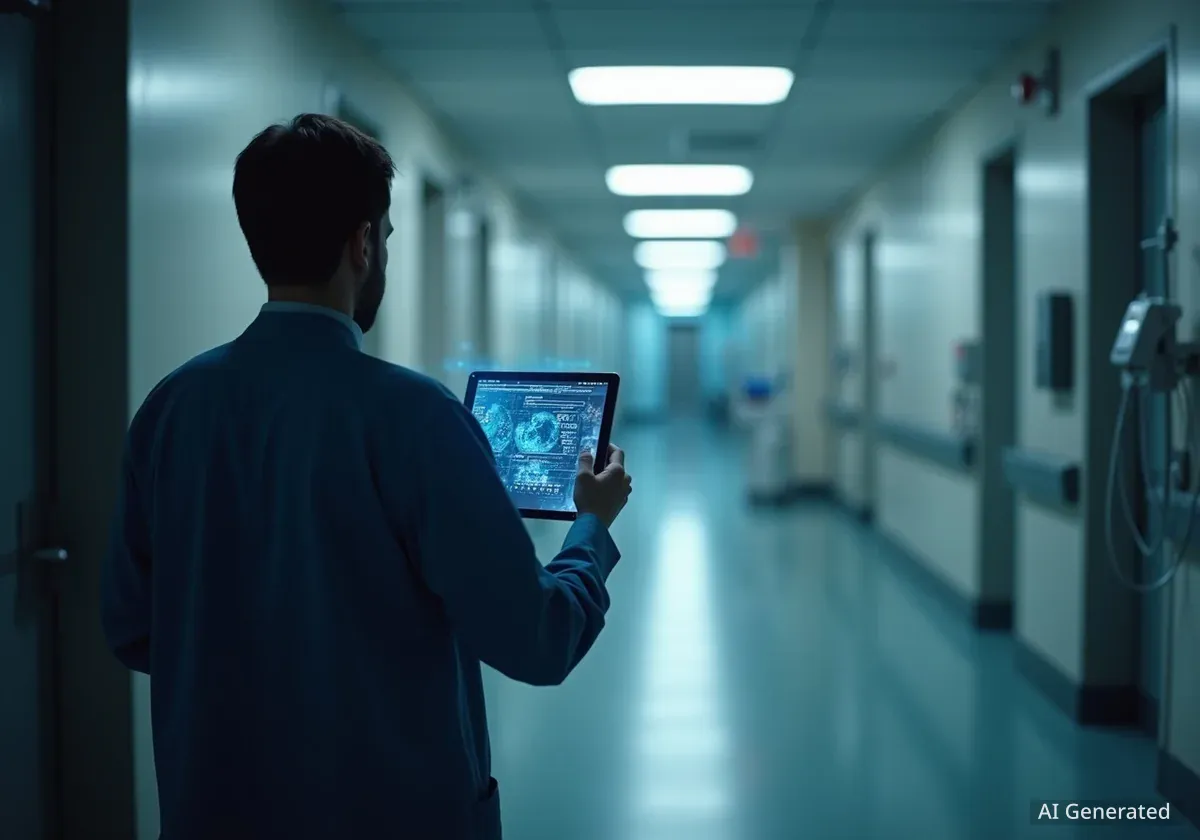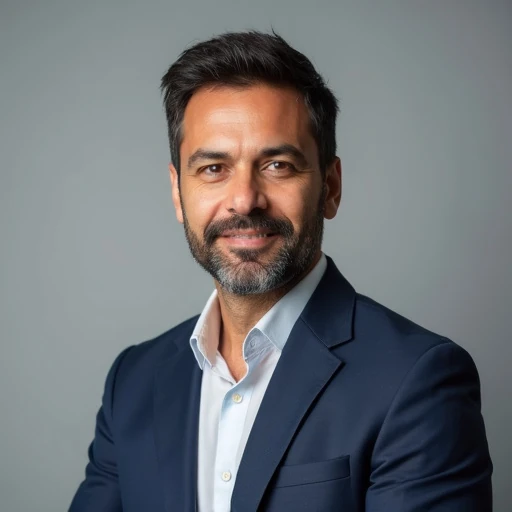The Department of Veterans Affairs is moving forward with a significant expansion of artificial intelligence to improve veteran care and operational efficiency, a top official told lawmakers. This development comes as more than 100 cybersecurity leaders are urging the Senate to quickly confirm the nominee for the Pentagon's chief information officer role.
During a hearing before the House VA subcommittee on technology modernization, officials detailed how AI is being integrated into the agency's systems. Separately, a coalition of industry experts has voiced strong support for nominee Kirsten Davies to lead the Department of Defense's technology and cybersecurity efforts, highlighting the urgency of filling the key position.
Key Takeaways
- The Department of Veterans Affairs (VA) is actively deploying artificial intelligence to address challenges in healthcare delivery and operational costs.
- All VA employees now have access to a secure generative AI tool, reportedly saving each user over two hours per week.
- Over 100 cybersecurity experts have signed a letter supporting the confirmation of Kirsten Davies as the Department of Defense (DoD) Chief Information Officer.
- A federal watchdog has cautioned lawmakers about potential implementation hurdles the VA may face with its AI strategy.
VA Embraces AI for Veteran Services
The Department of Veterans Affairs is pursuing what one of its technology leaders described as an “aggressive deployment” of artificial intelligence. The goal is to overcome long-standing issues with providing timely medical care and managing operational expenses across its extensive network of facilities.
Charles Worthington, the VA’s chief technology officer and chief data officer, provided details on the agency's strategy to lawmakers. He emphasized that the VA intends to “capitalize” on AI to create more effective and efficient systems for serving the nation's veterans.
Generative AI Across the Agency
A significant step in this initiative is the deployment of a secure, generative AI tool available to every VA employee. According to Worthington's testimony, this tool is already showing tangible benefits.
Productivity Gains
The generative AI tool provided to VA staff is reportedly saving individual employees more than two hours per week on average, freeing up time for more critical tasks related to veteran care and support.
This widespread access is designed to assist with a range of administrative and operational duties, streamlining workflows and reducing the burden of routine tasks. The secure nature of the platform is critical, ensuring that sensitive veteran data remains protected.
AI Applications in Clinical Settings
Beyond administrative efficiency, the VA is integrating AI directly into clinical care. Machine learning models are being used to improve diagnostic capabilities and provide proactive support for veterans facing serious health challenges.
Worthington highlighted several key clinical applications currently in development or deployment. These tools aim to analyze health data to identify patterns that may not be immediately apparent to human providers, leading to earlier and more effective interventions.
Early Disease Detection and Support
One of the primary uses of machine learning at the VA is for the early detection of diseases. By processing vast amounts of patient data, these systems can flag potential health issues before they become severe. Additionally, the technology is being used to help those most in need.
“The technology can also be used to identify veterans who may be at high risk of overdose and suicide,” Worthington explained to the subcommittee, underscoring the potential for AI to save lives.
Another innovation mentioned is the planned rollout of ambient listening tools in some VA facilities later this year. These systems can help automate clinical documentation by transcribing conversations between doctors and patients, which allows providers to focus more on the patient rather than on note-taking.
Watchdog Raises Implementation Concerns
While the VA is optimistic about its AI strategy, a federal watchdog agency has advised lawmakers to be aware of potential challenges. The watchdog warned that for the VA to effectively deploy these advanced technologies, it must overcome significant hurdles related to data management, system integration, and employee training. Ensuring the accuracy and fairness of AI models is another critical area of concern.
Cybersecurity Leaders Push for DoD CIO Confirmation
In a separate but related development concerning federal technology leadership, a large group of cybersecurity professionals is calling for swift action on a key Pentagon appointment. More than 100 experts from industry and other organizations have co-signed a letter sent to the Senate Armed Services Committee.
The letter strongly urges the confirmation of Kirsten Davies, who was nominated by President Donald Trump in May to serve as the Department of Defense Chief Information Officer. The position is critical for overseeing the Pentagon's vast digital infrastructure and cybersecurity posture.
Broad Support for Nominee
The signatories, whose letter was viewed by DefenseScoop, expressed their “strongest support” for Davies. They cited her extensive experience and leadership qualities as essential for the role, especially given the complex global security environment.
The letter highlighted her professional reputation and track record:
- Proven Leadership: The experts described Davies as a leader they know “personally and professionally.”
- Crisis Management: Many signatories noted they had “witnessed her steady hand in high-stakes situations.”
- Team Building: The letter praised her ability to “earn trust, build teams, and navigate complexity.”
The confirmation hearing for Davies was scheduled for the Thursday following the letter's submission. The experts' collective endorsement aims to underscore the importance of having a permanent, Senate-confirmed CIO in place to guide the DoD's technology strategy.
Who is Kirsten Davies?
Kirsten Davies has built a reputation as a world-class cybersecurity executive. Before her nomination, she held senior technology and security roles in the private sector, giving her a deep understanding of the challenges facing large, complex organizations like the Department of Defense.
The push for her confirmation reflects a broader concern within the national security community about leadership stability in key technology roles. A permanent CIO is seen as vital for driving long-term strategy on issues ranging from cloud computing and data management to defending against state-sponsored cyberattacks.





